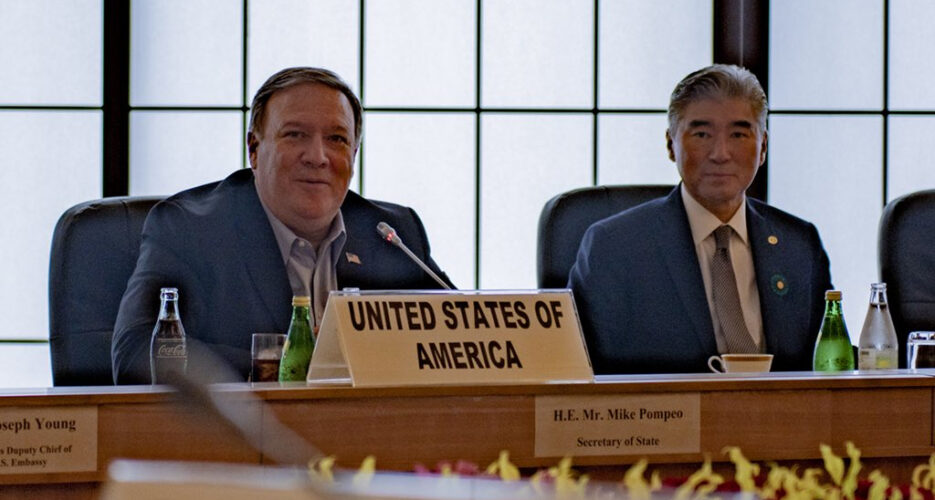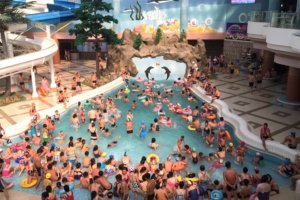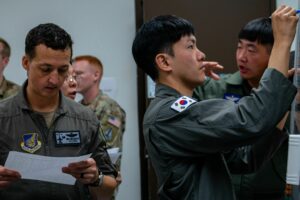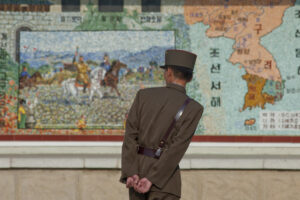About the Author
Colin Zwirko
Colin Zwirko is a Senior Analytic Correspondent for NK News based in Seoul. He joined the company in 2018 after receiving a master's degree in international security and foreign policy from South Korea's Yonsei University. Follow him on Twitter.













